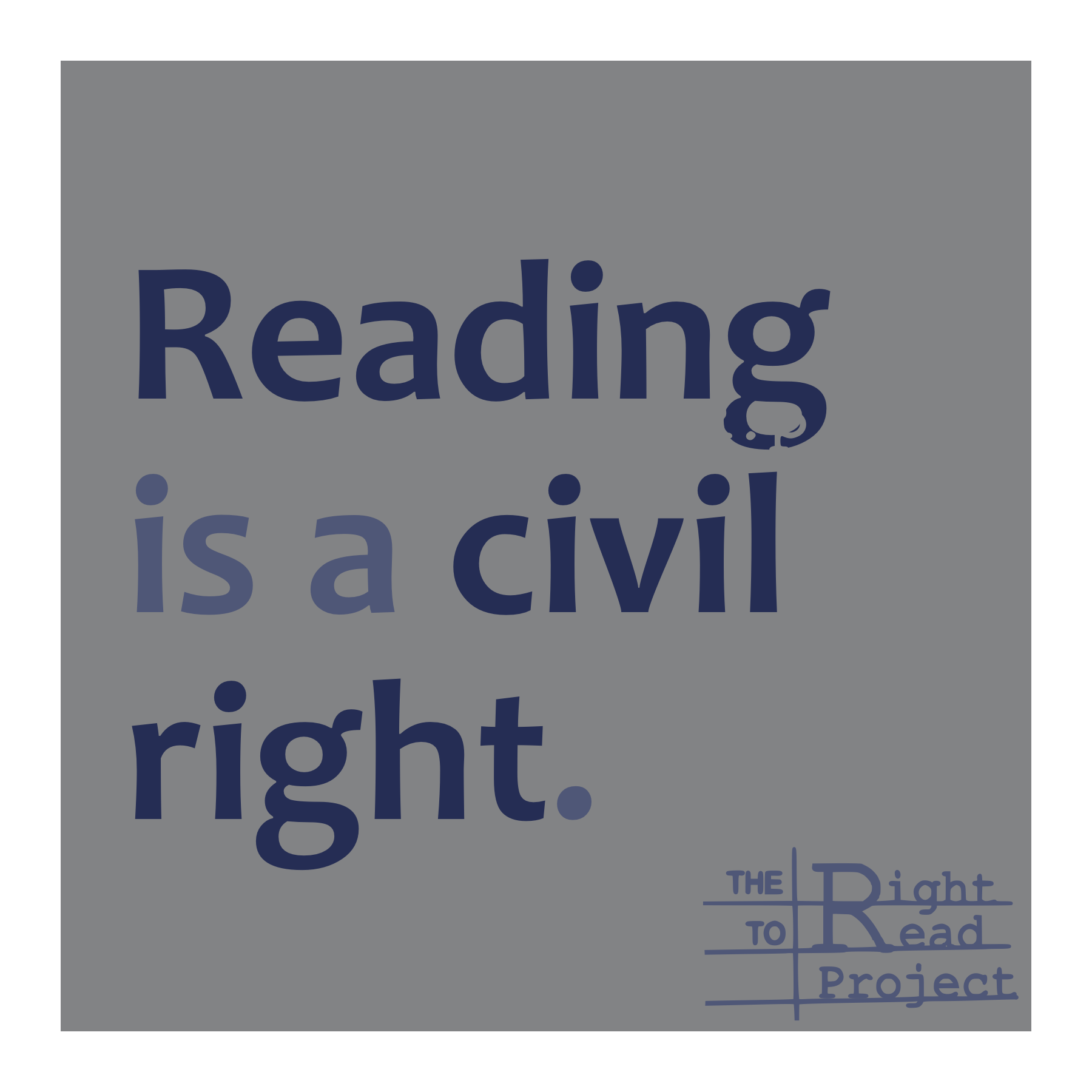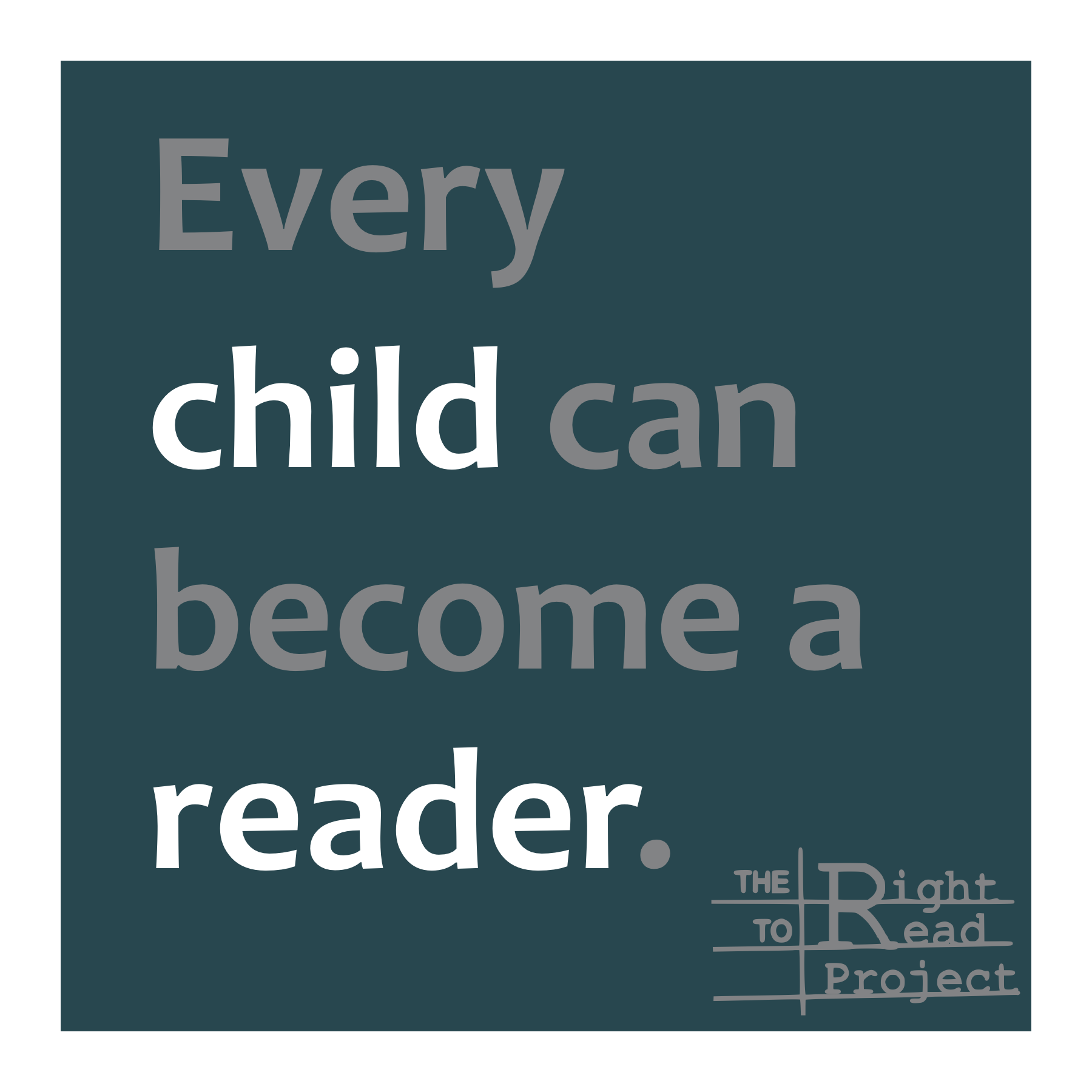Dear Lucy,
When I wrote you a letter years ago, I urged you to consider the enormous impact you could have on classrooms, if you were to revise the trainings and materials offered by Teachers College Reading and Writing Project. I highlighted portions of Units of Study: Reading that instruct teachers to have students guess rather than decode words. And I made my letter public because I wanted to help teachers understand why we need to let go of instruction that can cause problematic reading habits.
This weekend at the TCRWP Reunion, you described the new Units of Study: Reading and I was thrilled to hear you speak about the need for a clear scope and sequence for phonics, the importance of students learning to sound out words in order to develop automaticity, and the role of decodable books for practice material.
You also shared that the lessons in which we taught students shortcuts to avoid decoding words (“Picture Power,” “Guess the Covered Word,” etc.) have been removed. Taking out MSV lessons must have taken an incredible amount of time, thought, and hard work. I am sure I’m not alone in saying, “thank you.”
As revision of the curriculum winds down, I imagine that you may have more capacity to think about the messaging and professional development that will be necessary to shift teachers’ practice. And so I am writing to you again.
I have attended many TCRWP reunions and institutes over the years, and I have not yet heard staff developers explain why we need to abandon the lessons that are grounded in MSV.
The most recent TCRWP reunion included sessions such as, “What You Should Know about New Science of Reading: Laws that Are Influencing Curricular Choices in Many States” and “Advocating for High-Quality Instruction: Role-Play and Discussion.” In those sessions, we were encouraged to say to people who question balanced literacy, “Yes, and…” We were told to “broaden” the discussion of the science of reading by referencing scienceS (plural), writing instruction, or other content areas such as STEM. And we were told that legislation banning MSV was equivalent to book-banning.
While yes-ing advocates of the science of reading and then changing the topic may allow balanced literacy to survive, it does nothing to help teachers or our students. When a lesson from Units of Study: Reading was called out in mainstream media, you chose to revise the program, but Teachers College and Heinemann have not thoroughly explained why lessons are being changed. Simply not talking about MSV/three-cueing doesn’t make it go away. It is still there, at the heart of balanced literacy, guiding assessment, sorting the texts in classroom libraries, and influencing the way teachers think about our students’ reading development.
This makes the language suggested to balanced literacy teachers, “Yes, and..” extremely dangerous. If we say yes to things we do not understand, we do a great disservice to ourselves, our students, and we risk further damaging public trust.
I understand the desire to move beyond past mistakes, but if we do not uproot misconceptions, then instruction will continue being unnecessarily confusing to teachers and students.
Excising MSV from the new Units of Study: Reading was an important step, but many TCRWP and Heinemann materials still rely heavily on that problematic belief about reading.
The reading records on the TCRWP site were revised last year and they still contain MSV scoring.
There are new decodable books, but TCRWP continues to also recommend the use of predictable books. This mixed messaging is confusing to readers (and to teachers) because one type of book shows beginning readers that words should be decoded while the other, grounded in MSV, teaches them to predict words.
And Units of Study: Phonics, which you recently called “close to perfect,” still contains MSV lessons like those that were removed from the new Reading units:
Heinemann still offers, in your name, materials that instruct teachers to approach reading as a visual process, including long lists of words that should be memorized as whole units, teaching students to depend on scaffolds such as the outlines of words:
It may be impossible to retract from classrooms all the materials grounded in MSV instruction that carry your name or the logo of TCRWP, but here is my wish– I hope that you will try to explain to teachers why we need to voluntarily let those materials go.
I hope that you will speak out, openly, honestly, and directly to teachers to say something like this:
I got a lot right about reading (the importance of great books, print-rich classrooms, read-alouds, and more) but I misunderstood something really important; the role of foundational skills in reading. I once believed that readers could compensate for a lack of decoding ability by using meaning or structure to identify words and now I understand that’s not true. I now know some of the strategies I had previously suggested (“Picture Power,” MSV analysis, memorizing “snap words” as wholes, etc.) were not aligned with the available research on the development of skilled reading. And so I am committed to helping teachers shed those practices and to learn what I’ve since learned about why changes to instruction are necessary. The chasm between reading research and the classroom was so wide that even I, an expert at an Ivy League university, didn’t know the information about reading necessary to write evidence-based lessons. All this means that you, Classroom Teachers, should not carry the blame for the number of students we did not teach to read. You did the best you knew how to do with the guidance and materials you were given. And now it’s time for all of us to embrace changes in practice.
Of course, your actual message would be more eloquent and your truth may actually be different; what I’m trying to say is that I believe it’s important to acknowledge the existence of the research-to-practice divide, to name the connection between wide-spread practices and the reading difficulties many students have experienced, and to talk directly about how beliefs about reading (such as, but not limited to MSV) need to be unlearned in order for teachers and students to reach our potentials.
You have the power to shape how teachers reflect on past-practice and an enormous amount of influence over what new practices we pick up. I hope that you will be transparent with us about what you have learned, what that’s revealed to you about instruction in balanced literacy classrooms, and explain the changes needed so we can better serve our students.
Sincerely,
Margaret Goldberg









Thank you for your kind and thoughtful words trying to bridge the gap. May it do the work you designed it to do!
Yes! Well-written. I will continue to share your words with stakeholders so I can continue to advocate for best practices for our kids.
This is an outstanding piece of writing, Margaret. I thank you on behalf of all children who will get a better deal at school because of your commitment to best practice. Even if it doesn’t reach the intended recipient, may it reach the hearts and minds of all who read it and help pave the way for desperately-needed change!
I am wondering if you have ever reached out to Lucy Calkins to see if she would be willing to talk to you. I would love to see if she would respond.
Nice job, Margaret. I wonder if Prof. Calkins will take up your challenge. How awesome would that be. That won’t necessarily resolve the ridiculous and unproductive reading wars that have been going on, like, forever. More is needed, including lots of listening and big doses of humility from participants on the various sides. But it could be a start.
[…] (with good confidence having weighed the relevant research), not individual studies or authorities. Margaret Goldberg and I will be giving a talk about this collaborative work at the next meeting of the SSSR. We […]
Margaret, this is very well written. If Lucy Calkins values teachers as professionals, then she would tell them WHY she is changing her lessons. We must believe in the professionalism of teachers and that means telling them more than Lucy has in the information cited above. Teachers deserve to know that teaching MSV is not aligned with the science of reading, and that they should discontinue these practices. The approach she has taken doesn’t regard teachers as professionals, and I think it’s disrespectful of them.
Susan Hall, Retired Co-Founder of 95 Percent Group
Wow Margaret, just wow! This is eloquent, respectful, and right on point. Just exceptional-here’s hoping it gets to her and she reads it!
This is a wonderful piece–thank you. Recently, I had a frank email exchange with my superintendent after my district purchased more LLI kits despite the objection of many of us. I pointed that we can’t teach with decodable books in the classroom and then send kids to intervention to work with predictable text. This is confusing for teachers and counterproductive for students. You state the same thing:
“This mixed messaging is confusing to readers (and to teachers) because one type of book shows beginning readers that words should be decoded while the other, grounded in MSV, teaches them to predict words.”
Margaret, You have done so much to right the wrongs of how our children have been taught literacy. I applaud your efforts. I’ve been working with students with dyslexia and struggling readers throughout my entire career–and because of my Structured Literacy immersion, I really spent far less time than I should have learning about what was going on in classrooms all across the country (and the world for that matter). I now know better, so I am do better. Keep up the good work. Best regards, Lori Josephson
Margaret, I thank you so much for the hard and excellent work you have put into writing your two letters to Lucy Calkins. I applaud you for your level-headedness and politeness and humility in writing to someone who seems impossible to get through to on an honest level. I am a developmental psychologist practicing in NYC and have spent the past decade teaching children who have failed to read because the Units of Study curriculum was used in their classrooms. It stunned me to read Calkins comment that students taught with her curriculum were “outperforming other students in both NYC and NYS where we have done our work with the greatest intensity and for the longest period of time.” She said this even though the NYC schools chancellor has announced he is pulling the curriculum out of NYC schools because “far too many of our kids do not have a solid, foundational core in literacy.” Margaret, like you, I so wish Calkins would have the courage to say, “I’m sorry, I was wrong,” but I don’t think that will ever happen. I tweeted a reponse to you this morning, but I have never tweeted before and I am not sure if the tweet went out correctly. Just wanted to share the below.
https://gothamist.com/news/nyc-schools-chancellor-says-public-students-need-more-phonics-in-order-to-read
Thank you for putting this out there! I am seeing slow progress at a Balanced Literacy school, but again I see educational leaders trying to cover up the use of Reading Workshop with statements like” No program is perfect.”When I started my training over 30 years ago, Reading Recovery and Whole Language were popular. I remember loving the programs. I don’t remember ever having a class in teaching phonics. The popular saying, ‘When you know better, you do better” is so right on. It seems that Lucy should give revised materials to districts free of charge, or completely admit to her failure. The failure to take this long to accept that many of her practices have and are doing a disservice to students is hard to swallow.